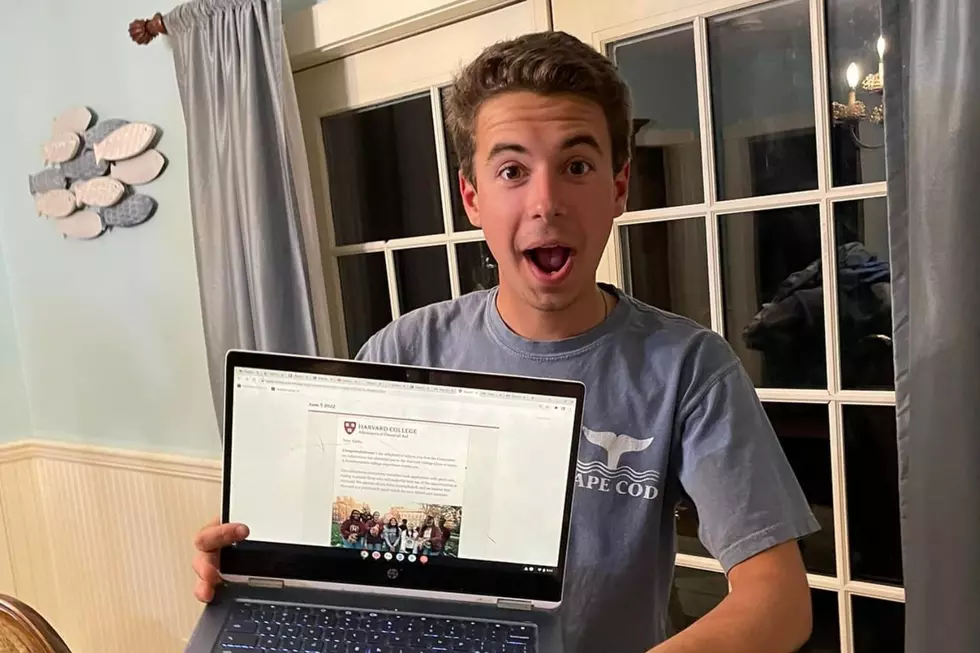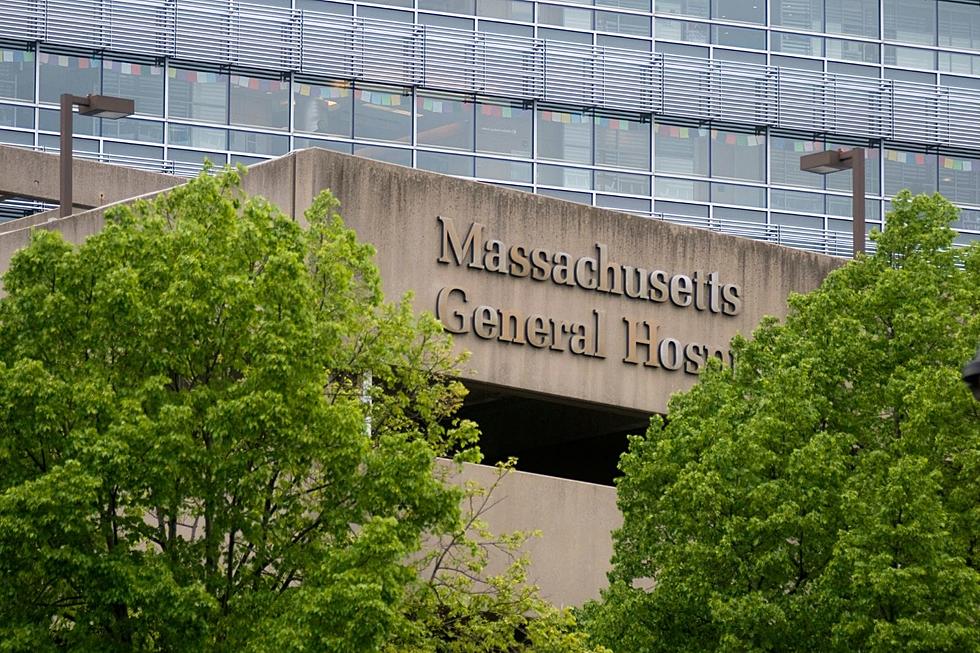
Prosecutors: Harvard University Overcharged the Feds $1.3 Million
Harvard University has agreed to pay $1,359,791 to resolve allegations that its T.H. Chan School of Public Health overcharged some grants funded by the National Institutes of Health and the Health Resources & Services Administration.
The settlement followed Harvard’s self-disclosure of problems on NIH and HRSA grants by a professor and her team between at least 2009 and 2014, according to the office of U.S. Attorney Andrew E. Lelling.
The government contends that professor Donna Spiegelman and her team overstated time and effort spent working on certain NIH grants for which they provided support. The overcharges were associated with statistical analysis that the professor and her team provided to other professors on grant-related research. Colleges and universities receiving federal grants are required to accurately track their time and effort and to charge grants accordingly.
The government alleges that Spiegelman and her team evenly distributed their time across all grants for which they provided support, without accurately accounting for the time they actually spent on particular grants. The government further alleges that Spiegelman overstated a portion of her time and effort on a President’s Emergency Plan for AIDS Relief grant. As a result, between 2009 and 2014, Spiegelman and her team allegedly overcharged certain NIH and HRSA grants by approximately $1,359,791.
This settlement resolves allegations that Harvard's School of Public Health knew or should have known that Spiegelman's methods would result in overcharges to NIH grants. Prosecutors say the school did not conduct a timely review of the professor's historical timekeeping, despite questions being raised for several years about her practices.
“Grant fraud wastes scarce government resources and limits the availability of funding for other research," said Lelling in a statement. "We commend Harvard for itself disclosing the alleged overcharges at the School of Public Health and for taking steps to prevent future recurrences.”
“Institutions that receive government-funded research grants have an obligation to the American taxpayer to accurately account for their use of those funds,” said Phillip Coyne, Special Agent in Charge of the U.S. Department of Health and Human Services, Office of the Inspector General.
Lelling said since Harvard disclosed the problems to NIH and the U.S. Attorney’s Office in 2016, it worked cooperatively to investigate and explain the overcharges. In addition, Harvard has put in place additional internal controls and safeguards aimed at preventing overcharges from occurring in the future.

More From WBSM-AM/AM 1420







![Can You Teach Innovation? [PHIL-OSOPHY]](http://townsquare.media/site/518/files/2021/03/GettyImages-3372866.jpg?w=980&q=75)

